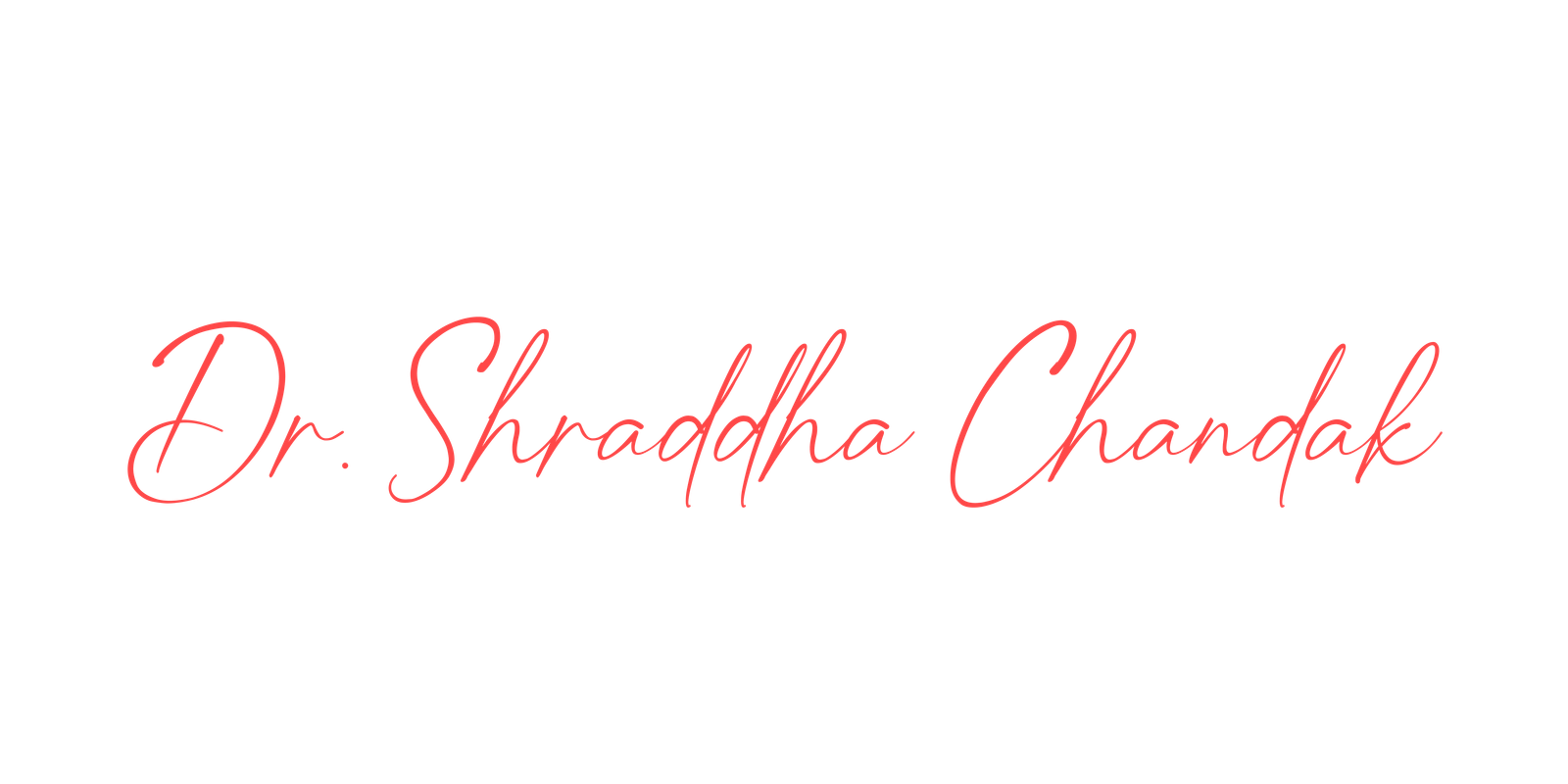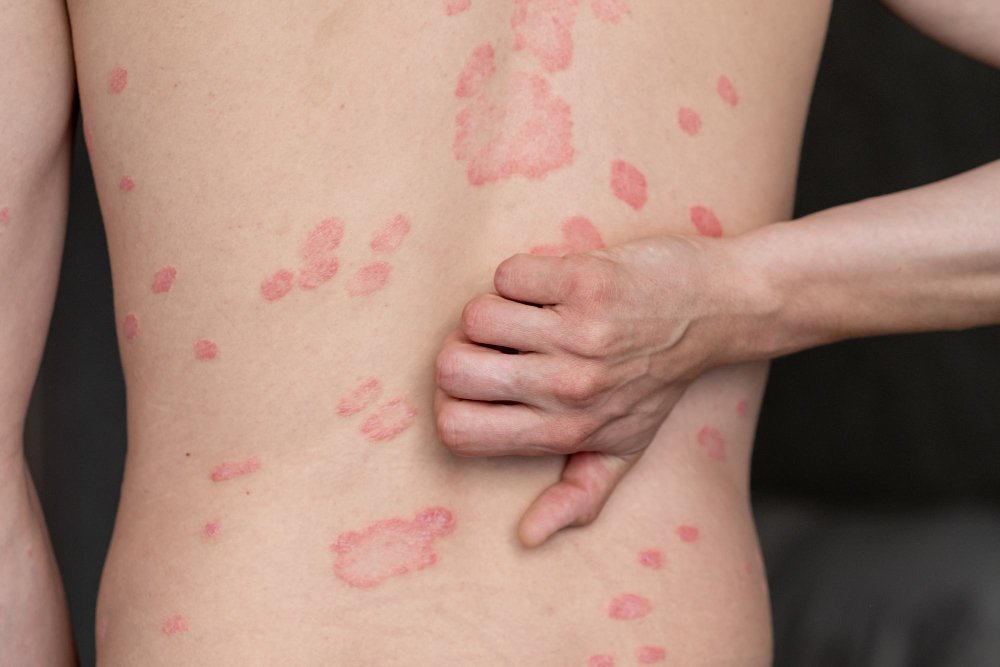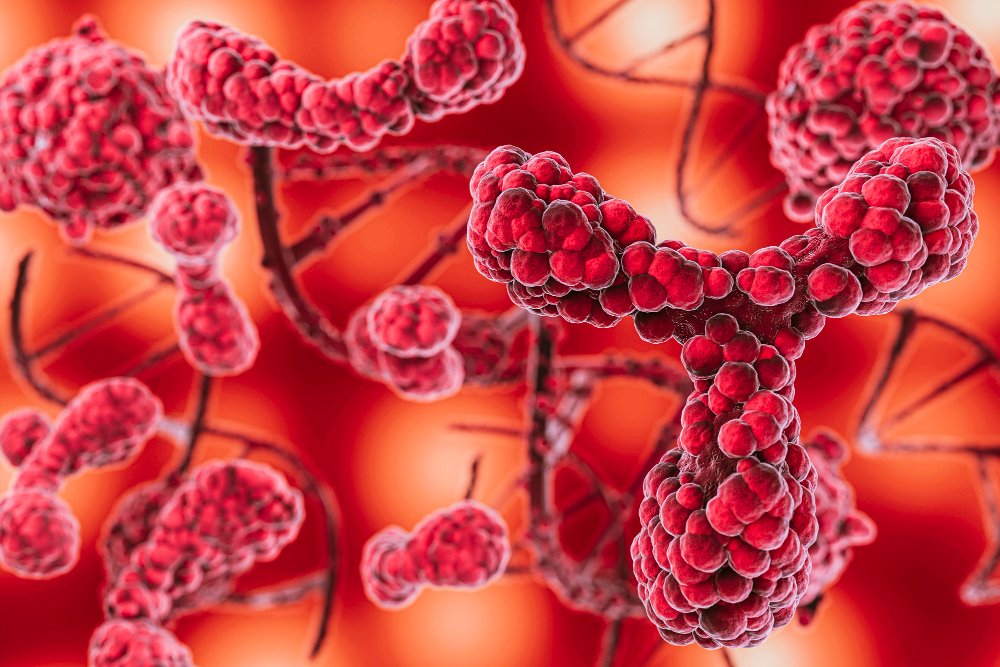Histiocytic Disorders
Histiocytic disorders are a group of rare conditions characterized by the abnormal proliferation of histiocytes, a type of white blood cell responsible for fighting infection and inflammation. These disorders can affect various organs and tissues throughout the body.
Types of Histiocytic Disorders :
Langerhans Cell Histiocytosis (LCH):
LCH is a rare disorder characterized by the overproduction of Langerhans cells, which can accumulate in various organs and cause damage.
Hemophagocytic Lymphohistiocytosis (HLH):
HLH is a life-threatening condition characterized by the overactivation of the immune system, leading to severe inflammation and tissue damage.
Common Symptoms:

Bone pain

Skin rash or lesions

Swelling of lymph nodes

Fever

Fatigue

Easy bruising or bleeding

Enlargement of the liver or spleen

Respiratory symptoms (cough, difficulty breathing)
Treatments:
- Chemotherapy
- Immunotherapy
- Targeted therapy
- Steroids
- Bone marrow transplant (in severe cases)
Frequently Asked Questions
Are histiocytic disorders hereditary?
While some forms of histiocytic disorders may have a genetic component, most cases are not inherited and occur sporadically.
How are histiocytic disorders diagnosed?
Diagnosis often involves a combination of physical examination, imaging tests (X-rays, CT scans), biopsy of affected tissue, and laboratory tests to analyze blood and other bodily fluids.
What is the prognosis for individuals with histiocytic disorders?
Prognosis varies depending on the specific type and severity of the disorder. Some individuals may experience spontaneous remission, while others may require long-term treatment and management.
Can histiocytic disorders affect children and adults?
Yes, histiocytic disorders can occur in individuals of all ages, although certain types may be more common in children or adults.
Is there ongoing research into new treatments for histiocytic disorders?
Yes, researchers are actively investigating new therapies and treatment approaches for histiocytic disorders, with the goal of improving outcomes and quality of life for affected individuals.
Book an Appointment
Important Links
Contacting
Treatments
About Dr. Shraddha
Charity & Welfare
Happy Kids Foundation is a leading Non-Profit Organisation dedicated to help children for weaker socio-econimic backgrounds get the right treatments for Blood-related disorders. To get Involved / Volunteer / Donate, click the button below:



